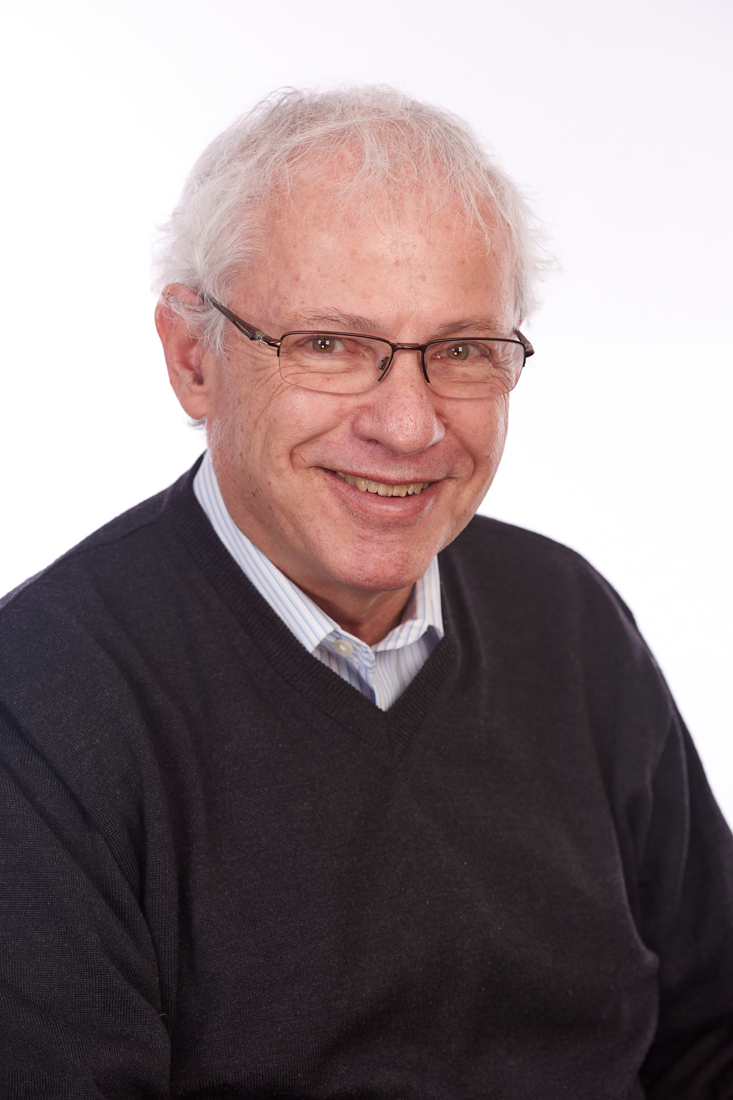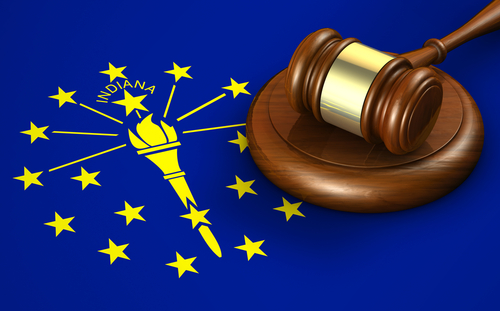When it comes to cross-examination, is less more?

Marcel Strigberger.
Is cross-examination an art? Is it a science? Whatever it is, do most lawyers know how to handle it effectively?
I can say from what I have seen in more than 40 years of practice that many lawyers make a mess of it.
Certainly, when I was in law school the curriculum never dealt with it. We were taught the substantive law, such as that iconic 1930s British snail in the ginger beer case, Donoghue v. Stevenson, which revolutionized the law of negligence. But nobody told us what to do when you got the ginger beer purveyor on the stand to cross-examine him.
You would have to do better than hitting him with, “Sir, I suggest to you that you were negligent.” I doubt this would be a knockout punch. I don’t see the jury gasping and saying to themselves, “We’ve heard enough. Hang Stevenson.”
The closest we got to observing a great cross was on television or in the movies. I recall the Agatha Christie story and Billy Wilder directed film, Witness for the Prosecution, where Charles Laughton plays the role of eminent barrister Sir Wilfrid Robarts, who defends Leonard Vole (Tyrone Power).
Robarts conducts a brilliant cross-examination of Christine Vole, the “wife,” played by Marlene Dietrich. She’s a surprise witness who testifies for the prosecution, flip-flopping on Vole’s alibi. Robarts, in a loud voice bellows, “Were you lying then or are you lying now, or are you not in fact a chronic and habitual liar?”
The jury finds the defendant not guilty—of course.
I should add Robarts had another trick up his sleeve: namely the monocle test, where to establish honesty he would extend his monocle to reflect a light beam on a character’s face and observe his or her reaction. (I don’t recommend you try this one in your courtroom.)
And so what does work in a courtroom? I am by far not an expert on the subject; however, I have a fair idea what does not work.
Firstly, there are those questions preceded by useless verbiage. You often hear cross-examining counsel jab at a witness with, “Isn’t it a fact that … ?” “Isn’t it a fact that you like to binge on wine?”
An alternate version of this piercing question is, “Do you agree that you like to binge on wine?”
For some reason, the lawyer believes that “You like to binge on wine?” will elicit a “no” answer, and the emphatic setup words will result in a “yes.”
Some lawyers don’t let go, firing another blank such as, “Do you expect the court to believe that … ?”
I have yet to see a case where the witness responds, “Actually, I don’t expect the court to believe that.”
The only lawyer who might have elicited an answer like that was Perry Mason, who almost always in cross-examination elicited a confession to the crime.
Mason: “You say you saw my client carrying a shotgun and running away from the murder scene at the motel?”
Witness: “OK, OK, Mr. Mason. Never mind. I killed Roderick Henderson. He had it coming.”
For that matter, you could not learn too much about how to cross-examine from “Perry Mason” prosecutor Hamilton Burger. During these COVID-19 tribulations, I have spent hours viewing rerun episodes of the series, and the score looks like Mason: 127; Burger: 0.
In all fairness, I cannot say for certain Burger loses it in his cross-examinations. He seems to be doing well initially. Then investigator Paul Drake walks into the courtroom, shows Mason a document, and it’s downhill from there for Burger.
Then again, I do note that Burger often says to the witness in cross, “May I remind you that you are under oath.” I don’t know if this type of sally contributes to the scuttling of his case.
Then there are lawyers who believe adding their own verbal reactions will buttress their cross. You’ll hear something like this:
Lawyer: “You threatened Mr. Langley, did you not?”
Witness: “No, I did not.”
Lawyer: “I see. Hmmm.”
An alternative more assertive reaction is:
Lawyer: “Ho, ho. Right!
I doubt this method will result in colleagues beating a path to the lawyer’s door, beseeching him to chair a symposium on effective cross-examinations.
And we are all familiar the caveat, “Never ask a question to which you do not know the answer”?
Do any lawyers overlook this admonition? I witnessed a dangerous driving offense trial once where the police officer who had followed the defendant who was driving erratically for a distance, confined most of his testimony to the last few seconds before the accident.
The defense lawyer in cross asked the officer if his client’s driving was OK earlier along the way. The officer looked at his notes, and emitting a grin like the Cheshire cat said, “Actually, now that you asked …”
Then we have the lawyers who insist on scoring a grand slam impeachment. The problem is they often blow the process, not properly setting up or completing the impeachment. I had a case once in an aborted house sale deal, where my client’s testimony in an important area differed from what he had said at his examination for discovery (aka deposition).
Opposing counsel’s ears perked up, but he ran out of fuel somewhere:
Opposing: “Mr. Perlman, now you say you really liked my client’s house?”
Perlman: “Yes, sir.”
Opposing: “And at your previous examination, on page 137, question 341, did you not say you did not like the house?”
Perlman: “I’m not sure about those numbers.”
Opposing: “Sir, what are you sure about?”
He then went off in a different direction, after glancing at the judge and smiling smugly. He no doubt thought the judge was thinking, “Sir Wilfrid himself.”
One of my first trial cross-examinations was of an expert in a case involving a small two-seater hovercraft, which mysteriously sank on its maiden voyage in a lake at a summer camp. My client and a teen camper were aboard. Fortunately, they were not hurt. After it was retrieved from the lake, they noted a small fist-size hole in the hovercraft’s hull.
The client claimed that after the craft sank, some rocks at the bottom of the lake must have caused the hole. He foolishly, hastily dropped it off with the vendor, without even photographing the damage. The vendor photographed the hull, noting a large gaping aperture, somewhat resembling the St. Louis Gateway Arch. The vendor insisted my client crashed the hovercraft into some rocks. Surprised?
At trial, the vendor presented an impressive expert witness who was involved in designing the hovercraft. This expert was both a marine architect and an aeronautical engineer. We were talking a one-man NASA. He was a daunting elderly gentleman, distinguished looking, somewhat resembling Sir Anthony Hopkins. I knew I was in trouble, as he was sporting a navy blue blazer bearing a colorful crest of a hot air balloon hovering over a minisubmarine.
I was mortified. Back then, there was no obligation for a party to give the opposition a heads-up of their witness list. The witness testified using scientific references, such as the Archimedes principle on buoyancy. He was adamant that absent trauma, this hovercraft was unsinkable.
I did not choose to cross-examine too much, as the only science I remembered was some high school physics. All that hit me in the moment was that the specific gravity of water was one. I did not think it would much help my case to ask whether Archimedes ever experimented with a hovercraft. I recall thinking that David had a better shot of succeeding against Goliath. At least he was armed with a slingshot.
I kept the cross short. The best I could do was confirm that he never actually examined the wreck.
The judge surprisingly returned a verdict for the plaintiff. He was especially impressed by the testimony of that teen camper who said when looking at the vendor’s photograph, opening his hands widely, “There was a hole there, but it wasn’t that big!”
I learned a useful lesson regarding evidence. To do well, you don’t necessarily have to try to destroy the witness with killer cross-examination. Nor do you have to necessarily cross-examine at length. And most valuable, especially in my early years of practice, I learned not to be afraid of any witness, including some expert sporting a navy blue blazer bearing a crest with the likes of a hot air balloon hovering over a minisubmarine.
Marcel Strigberger, after 40-plus years of practicing civil litigation, closed his law office and decided to continue to pursue his humor writing and speaking passions. Read more of Strigberger’s work at marcelshumour.com.



